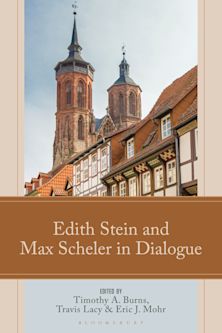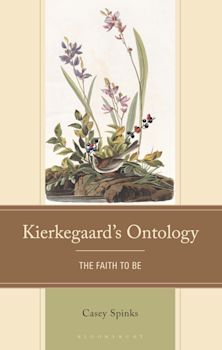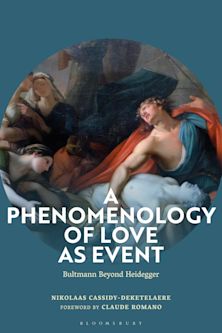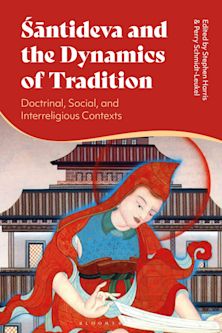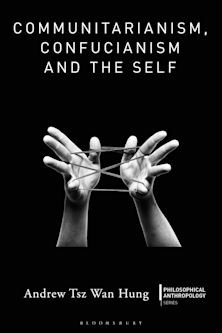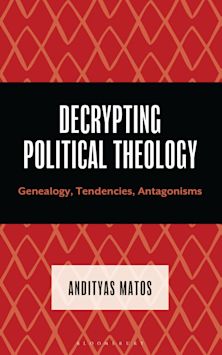- Home
- ACADEMIC
- Philosophy
- Philosophy of Religion
- On King Lear, The Confessions, and Human Experience and Nature
On King Lear, The Confessions, and Human Experience and Nature
On King Lear, The Confessions, and Human Experience and Nature
You must sign in to add this item to your wishlist. Please sign in or create an account
Description
Augustine's Confessions and Shakespeare's King Lear are two of the most influential and enduring works of the Western canon or world literature. But what does Stratford-upon-Avon have to do with Hippo, or the ascetical heretic-fighting polemicist with the author of some of the world's most beautiful love poetry? To answer these questions, Kim Paffenroth analyses the similarities and differences between the thinking of these two figures on the themes of love, language, nature and reason. Pairing and connecting the insights of Shakespeare's most nihilist tragedy with those of Augustine's most personal and sometimes self-condemnatory, sometimes triumphal work, challenges us to see their worldviews as more similar than they first seem, and as more relevant to our own fragmented and disillusioned world.
Table of Contents
Chapter 1
Augustine and Power
Chapter 2
Lear and Power
Chapter 3
Augustine and Women in Confessions
Chapter 4
Women in King Lear
Chapter 5
Conclusion: Powerfully Present
Epilogue
Bibliography
Product details

| Published | 20 May 2021 |
|---|---|
| Format | Ebook (Epub & Mobi) |
| Edition | 1st |
| Extent | 192 |
| ISBN | 9781350203211 |
| Imprint | Bloomsbury Academic |
| Series | Reading Augustine |
| Publisher | Bloomsbury Publishing |
About the contributors
Reviews
-
What can the aged Lear and the young Augustine have to say to each other? Kim Paffenroth coaxes them to speak to us as only a great teacher can, with eloquence and insight.
James J. O'Donnell, Classics Scholar, University Librarian, Arizona State University, USA
-
Beautiful, moving, and deeply personal. Kim Paffenroth 'yokes' together these magnificent texts from Shakespeare and Augustine and delivers us remarkable new insights gleaned from 35 years of loving engagement.
Mark Roosevelt, President, St. John's College, USA
-
In search of 'timeless eternal truths,' Paffenroth brings into conversation a fifth century author and a sixteenth century author. Differing in historical context, experience, and perspective, St. Augustine and Shakespeare's Lear nevertheless share the condition of speaking from pressured and vulnerable seasons of life: Shakespeare's Lear is old, and Augustine's Confessions recall and relive his painfully disoriented youth. Paffenroth demonstrates that insights emerge when texts interact, challenging readers to reconsider the protagonists'–and possibly our own–assumptions about language, love, and loyalty.
Margaret R. Miles, Emerita Professor of the History of Christianity, The Graduate Theological Union, Berkeley, California, USA

ONLINE RESOURCES
Bloomsbury Collections
This book is available on Bloomsbury Collections where your library has access.












